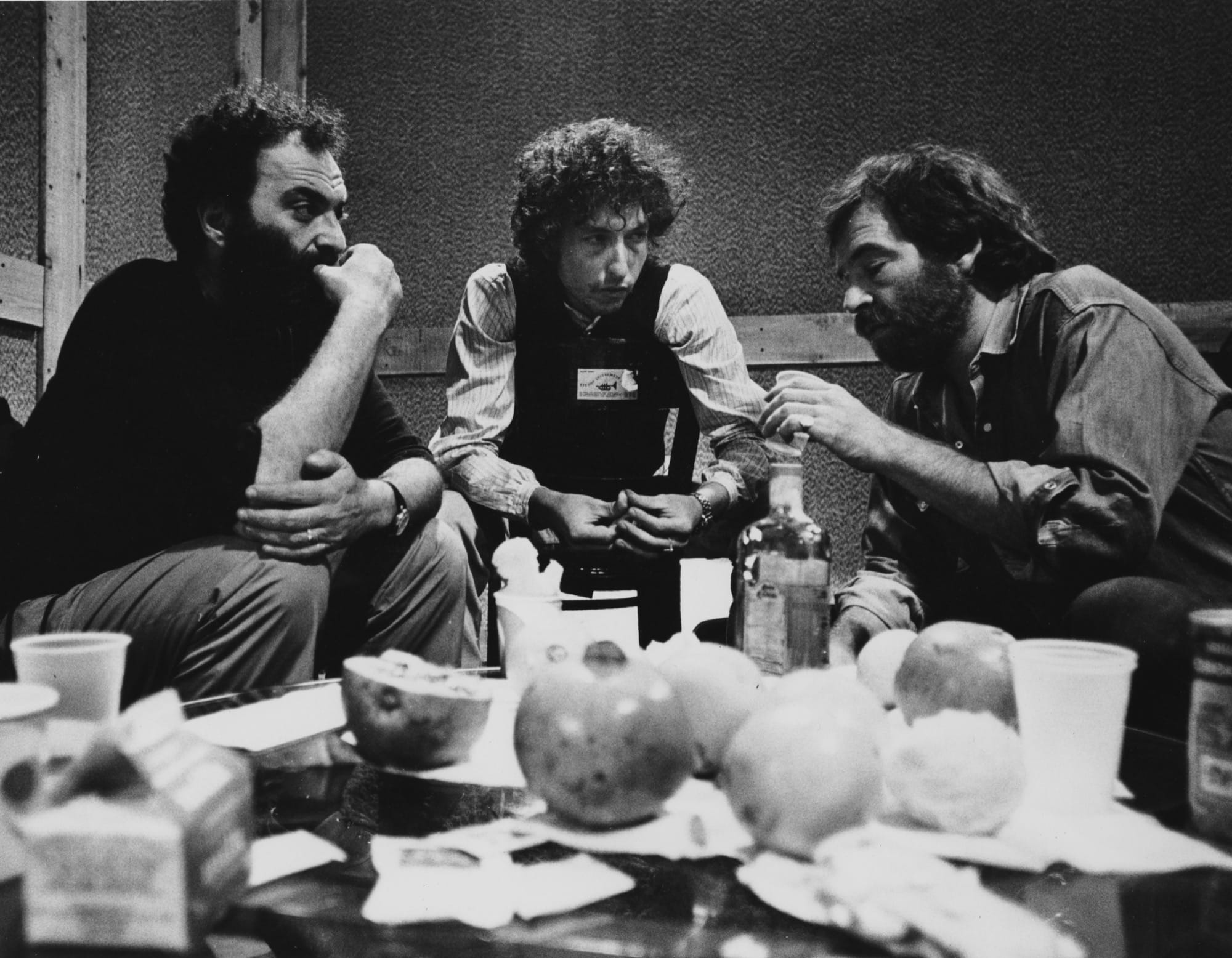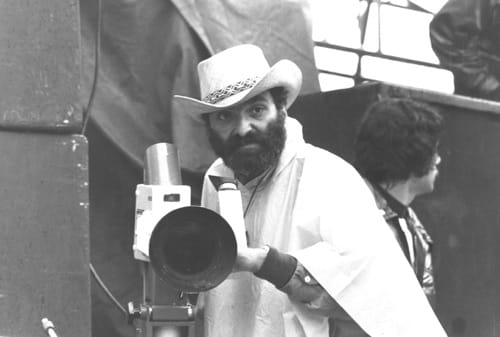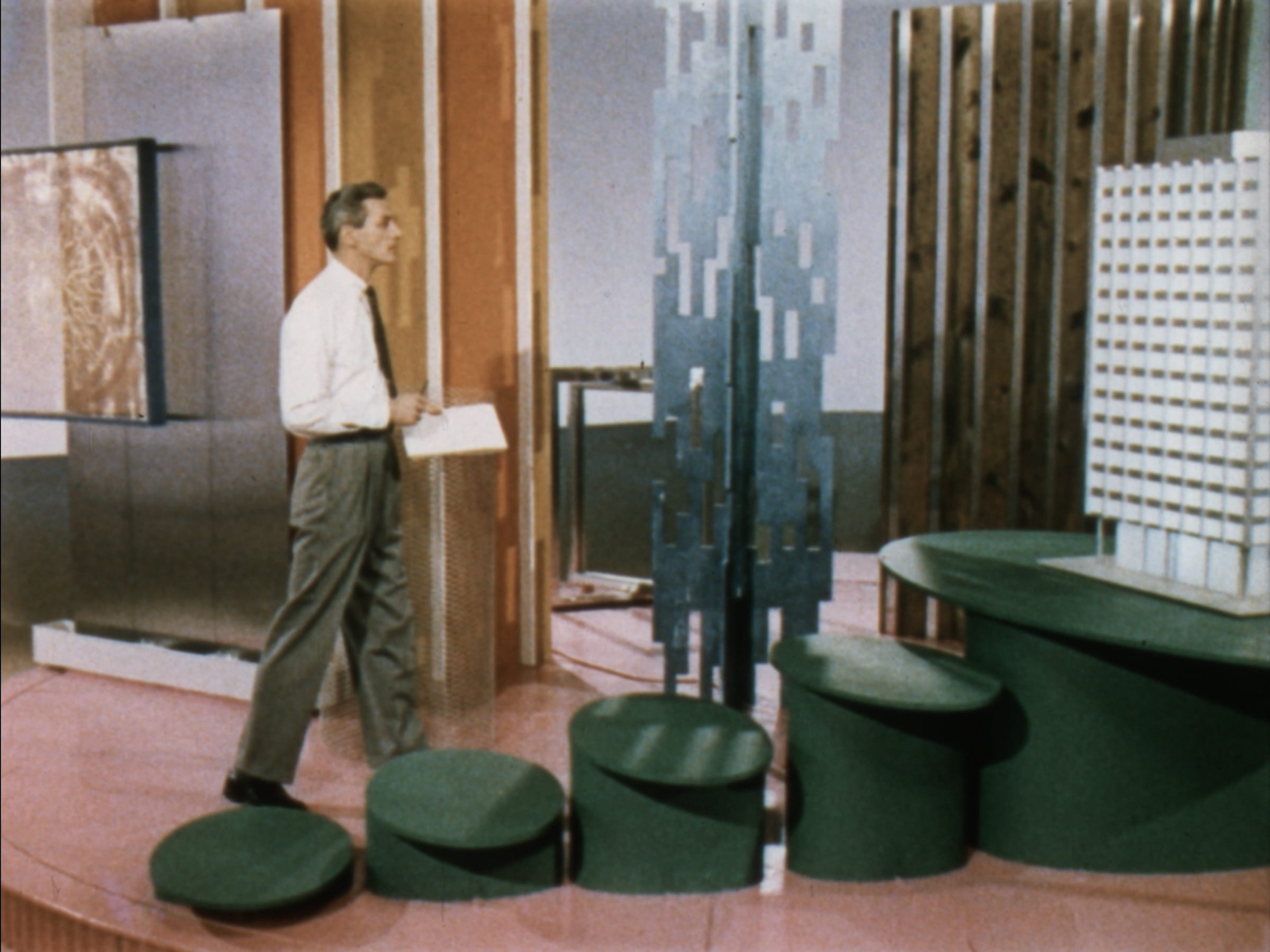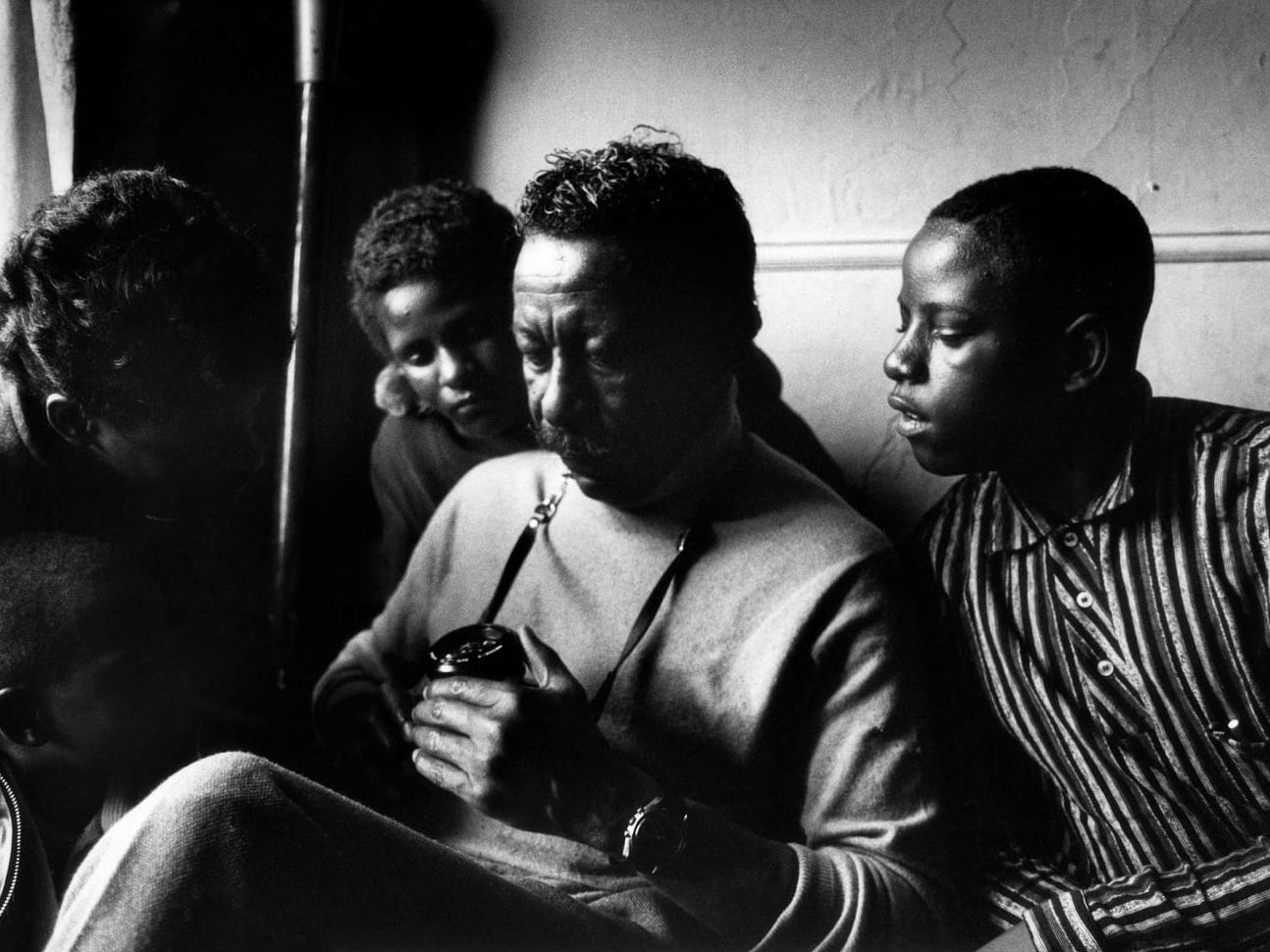Howard Alk: A Life on the Edge
As the world entered into the second half of the twentieth century, social, cultural and political dissent began to foment and strip away at the hypocrisy that sustained strident racism throughout nations that claimed equal opportunity among all their citizens. Widespread protest began to crack the artifice of a world political order that produced the long drawn out conflict in Vietnam. Voices of dissent disrupted cities and universities everywhere, and during the autumn of 1968, Chicago was in the crosshairs of these global fractures. As part of Chicago Film Archive’s initiative to shed light on the unheralded filmmakers from the Midwest, CFA produced a first-ever retrospective of the life, work, and times of the late Chicago filmmaker, Howard Alk. His story lies embedded in the spirited Chicago documentary film community that was percolating in the ’50s and shifted into full throttle during the ’60s and ’70s.
Peter Yarrow describes Howard Alk as “an authentic voice” in the social and political dissonance that flooded those times. Born in 1930, Howard attended the University of Chicago at the age of 14, became one of the Compass Players along with Mike Nichols and Elaine May, began to work as a filmmaker in the mid 1950s, and was a co-founder of Second City with Paul Sills and Bernie Sahlins. Along with his exploration of theater and film, Howard also had a propensity for music. He opened a north side Chicago folk club, The Bear, with Albert Grossman. The Bear is where he first met Bob Dylan, an encounter that laid a foundation for future film collaborations. Amidst this rush of “heady” creative endeavors in the arts, Alk struggled with bouts of drug use that threatened to jeopardize his work. In the mid 50s, he made an effort to get straight by focusing on filmmaking. Having trained in classical film editing in Los Angeles, Alk combined what he learned there with the new cinema verite to develop his own techniques and rhythms of cutting film. While still in Chicago, he was hired to edit two films – Cry of Jazz and And This is Free: Maxwell Street – by combining the sounds of jazz with images of the Maxwell Street market, Rush Street clubs, and south side ghetto boulevards. He displayed a gift for weaving music into the visuals so that each seemed to become indistinguishable from the other, creating a new form of social commentary.

Alk’s work on these films convinced Albert Grossman that Alk should meet Bob Dylan in New York. And Howard indeed began to attract the attention of filmmakers on the east coast who were documenting the festivals and road tours of the burgeoning, counter-culture music scene. Bob Dylan’s 1966 “electric” tour was chronicled by D.A. Pennabaker, but was dramatically reshaped by Dylan and Alk in the editing room, resulting in the avant-garde film, Eat the Document. Murray Lerner, a music documentary filmmaker from New York City, came to Howard to make sense of the mountain of footage he had shot at the Newport Folk Festival from 1963 to 1966. This collaboration resulted in the Oscar-nominated film Festival.
Alk returned to Chicago in the fall of 1968 to collaborate with Mike Gray of the Film Group on a documentary about the disturbances of the Democratic Convention. Reviewing scenes that had already been shot, Alk noted an absence of African-American faces in the footage. In light of the civil rights struggles that were causing tremendous upheaval throughout the country, he saw this as a grave omission.
Alk approached the Black Panther party in Chicago and offered to document the activities of the local chapter from their own point of view. He brokered the trust that was soon established between The Film Group and the Chicago Black Panthers and was given broad access to their lives and activities. As a result, American Revolution 2 was made. In one of the spellbinding moments in this film, Alk captures a meeting between the Panthers and the Young Patriots, a white political organization in Uptown whose purpose was to support white migrants from Appalachia. It is an extraordinary and rare moment in documentary cinema to see black urban activists gently and respectfully find common ground with young white migrants born out of southern rural poverty. After the completion of American Revolution 2 in early 1969, Howard and The Film Group continued documenting the Panther programs in Chicago. When Fred Hampton (Chairman of the Chicago chapter of the Black Panthers) was shot to death early one morning in his apartment in December of 1969, Alk followed that story which resulted in another film, The Murder of Fred Hampton. Footage in this film was used to prosecute the States Attorney and Chicago Police for Hampton’s death.
In 2009, CFA presented a retrospective of the life, work, and times of Howard Alk at the Gene Siskel Film Center. The uniqueness of this program lay with the weave of Alk’s personality and work into the times they inhabited. Alk was a man who today inspires vivid, passionate, and sometimes outlandish memories from those who knew him. Yet relatively few people know of his involvement (much less his major contributions) to some extraordinary and well-known films made in Chicago and elsewhere during those socially tumultuous decades in American history. As a film editor, he was sought after for his ability to cinematically re-create the perspective of his subjects (rather than his own) while combining it with a profound appreciation and understanding of the music that was being created during those times. What resulted was a symbiosis of music and image that expressed the volcanic social and political transformations taking place during the 50s, 60s and 70s.

Howard Alk filmography:
Director/Editor:
Janis (1974)
The Murder of Fred Hampton (1971)
Luxman Baul’s Movie (1971)
American Revolution 2 (1969
Editor:
Renaldo and Clara (1978)
Hard Rain (1976
My Friend Vince (1975)
Eat the Document (1972)
You Are What You Eat (1968)
The Seasons Change (1968)
Festival (1967)
Search for the Lost Self (1966)
And This is Free (1964)
Cry of Jazz (1959)




